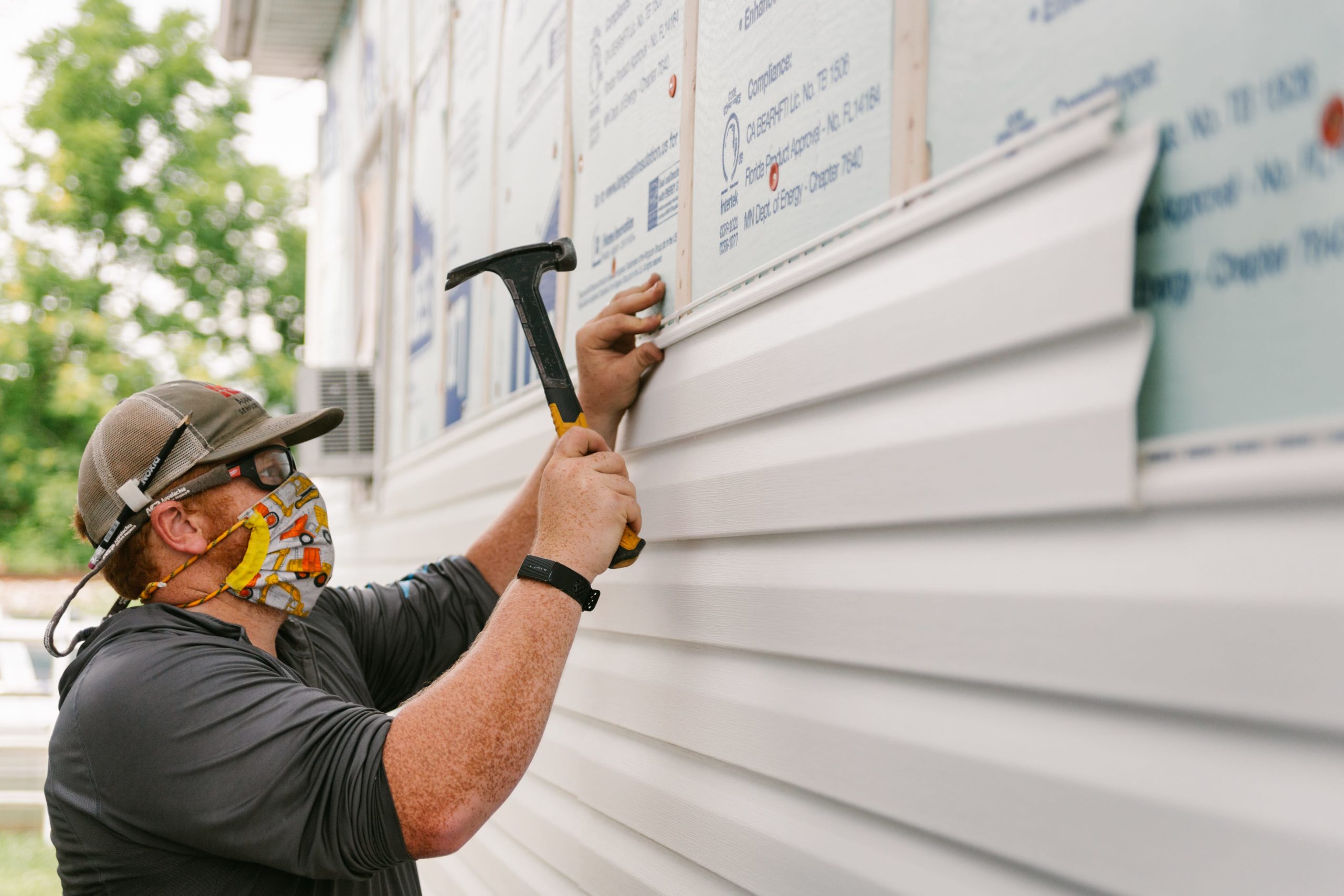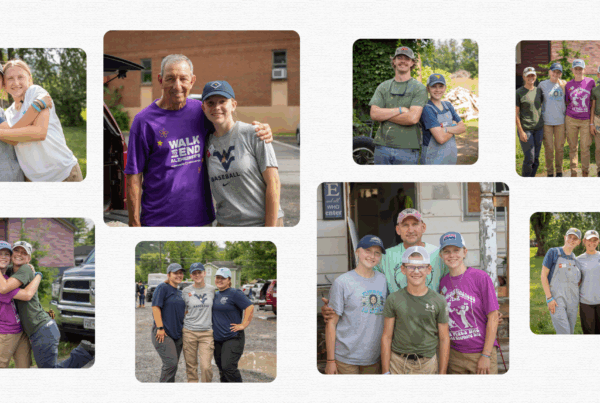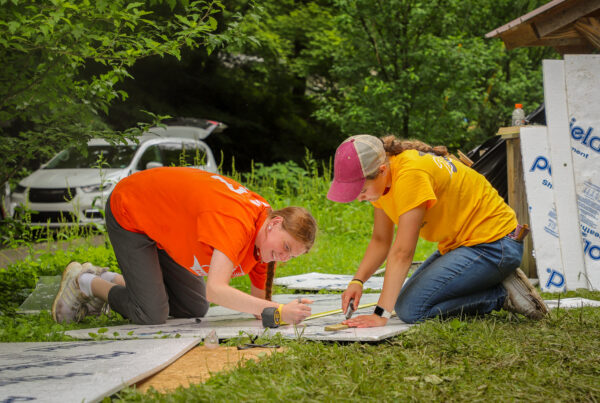Lawyer Bryan Stevenson ends his New York Times best-selling book, Just Mercy, with a story that highlights how a simple act of compassion can have a great impact. After a long day of hearings, Stevenson runs into an elderly lady he saw almost every day in the busy New Orleans courthouse. She motions for him to come over, gives him a hug, and the two begin to talk. She tells Stevenson about the first day she came to the courthouse when her grandson was murdered and how a stranger had sat down with her and comforted her. She explains that now, though she has no connection with the current cases, she comes to the courthouse day after day to give both victims and the accused a shoulder to lean on.
The elderly lady in Stevenson’s story called herself a “stonecatcher”, referencing a passage from the gospel of John where Pharisees bring a woman accused of adultery before Jesus. The Pharisees, more concerned with trapping Jesus than with justice, ask if they should stone the woman as the law commands. Jesus famously answers, “Let he who is without sin cast the first stone”. Jesus responds to the woman’s situation with compassion by standing before her accusers and offering her forgiveness. In a similar way, the woman in the courthouse sought to be a stonecatcher by comforting the vulnerable when hurt and pain were cast their way.
Traveling through Kentucky this week, I met a lady much like the stonecatcher in Stevenson’s story. I met Joyce in Harlan County, where volunteers were working on putting up siding and a ramp to her laundry room. Despite her own hardships, like the loss of loved ones and her limited mobility, I learned that Joyce always makes time to help others. Joyce serves at Christ’s Hands, a ministry that provides food and shelter for those who need it in the surrounding area. She worked in the kitchen until health issues got in her way. That did not stop her from serving others, though. She continued to serve by moving to the office to help with food boxes in addition to delivering meals once a week.
Joyce told me that if you see someone in need, and you have the ability to help them, then it is your job to help no matter what the circumstances. God places people in your path for a reason. Joyce explains, “I don’t think there’s anybody who intentionally tries to be homeless. I don’t think there’s anybody who intentionally tries to get addicted to drugs. But it happens.” Instead of judging others for the circumstances or decisions that led them to need help, Joyce chooses to take action in what ways she can, even if it seems small. Joyce is humble about her work and reluctant to talk too much about herself, but I can see that she is a stonecatcher, shielding others from some of the pain in the world.
I can think of many times when someone was a stonecatcher for me: when someone built me up after others tore me down with harsh words, when someone showed me mercy when I did not deserve it, or when someone simply sat with me in a time of pain. This week, I am encouraged by Joyce’s example to be a stonecatcher for others whom God has put in my path.
Sarah Allen
Story Gathering Intern




